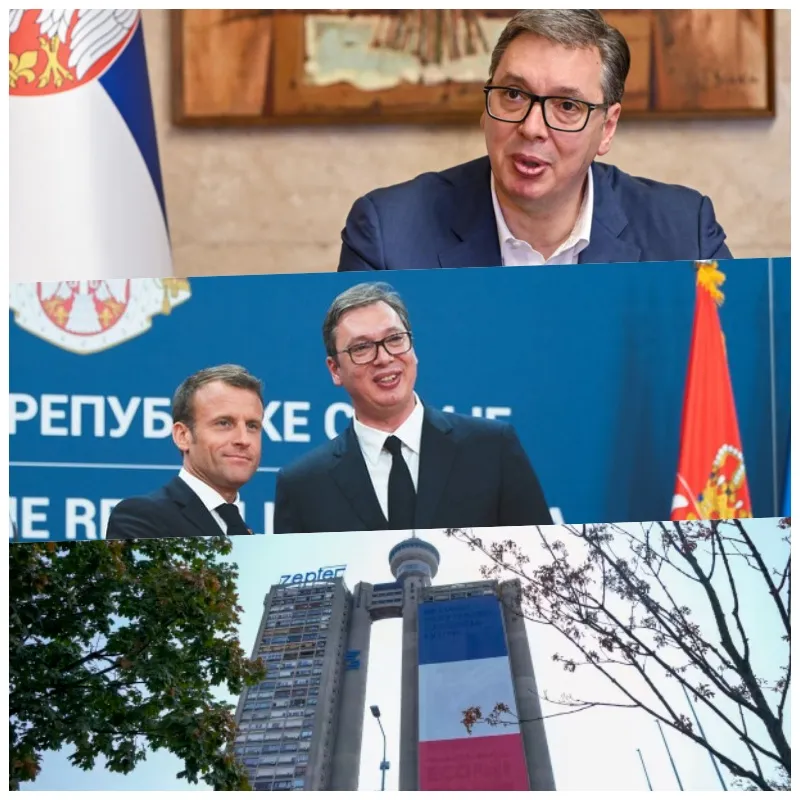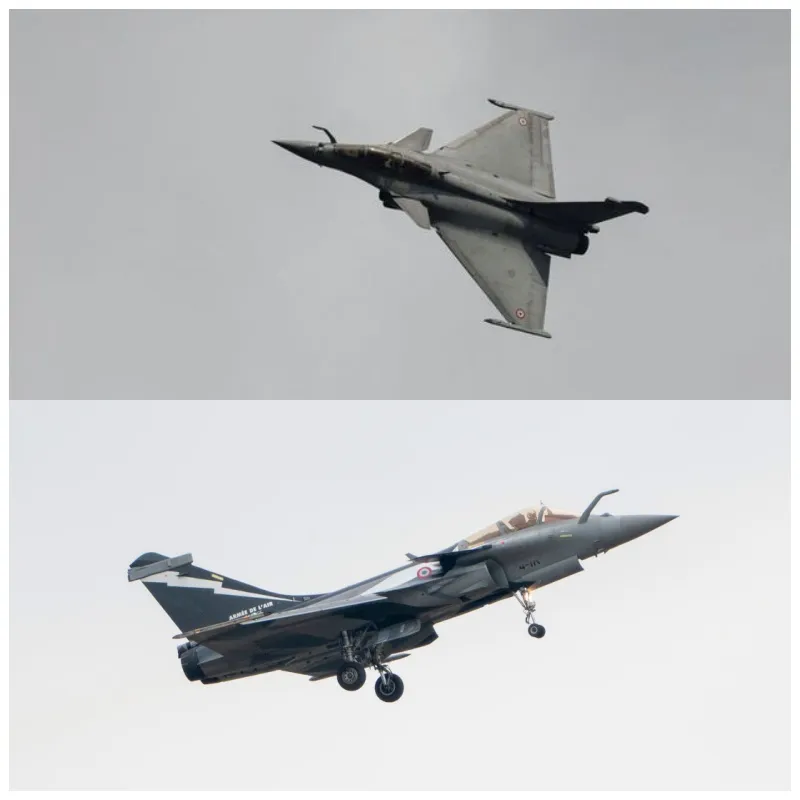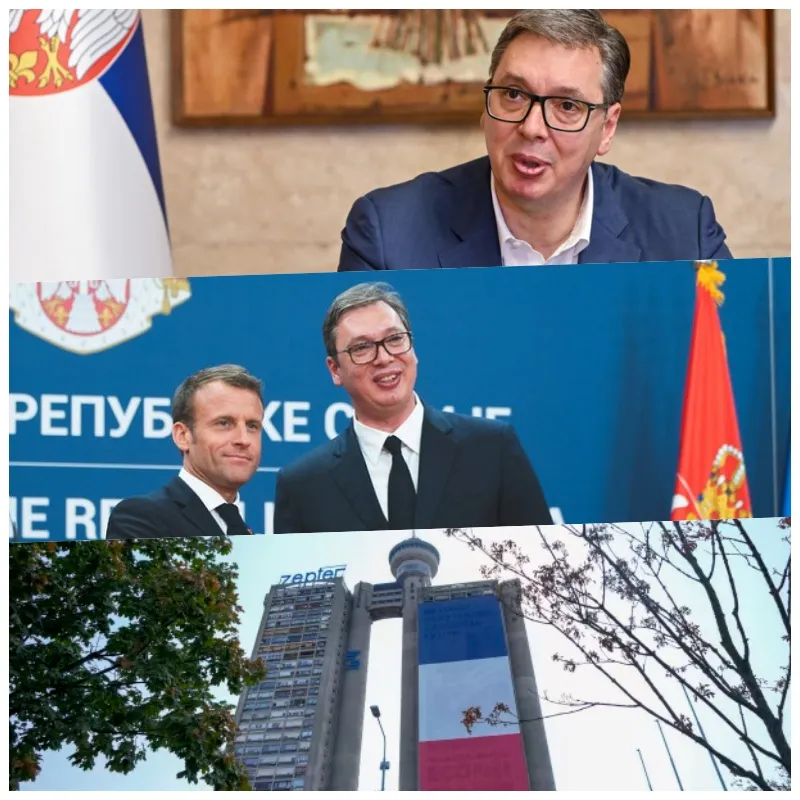
France’s Macron will visit Serbia with a prospective contract to sell French jets, a reversal from Russia.
French President Emmanuel Macron is embarking on a significant two-day state visit to Serbia, with a central focus on the potential sale of 12 Rafale multi-purpose fighter jets to the country. This move represents a strategic shift in Serbia’s military alliances, which have traditionally leaned heavily on Russia. The possible deal, reportedly worth around 3 billion euros ($3.3 billion), is expected to be a key highlight of Macron’s discussions with Serbian President Aleksandar Vucic.
Macron’s visit underscores France’s broader strategy to draw Serbia closer to the European Union, a goal that has become increasingly important given Serbia’s historic ties to Russia, especially in the context of the ongoing war in Ukraine. An official from Macron’s office, speaking anonymously due to French presidential policy, emphasized that the discussions about the Rafale jets are part of a larger effort to integrate Serbia more fully into European structures. The official noted that Serbia, which needs to modernize its aging military fleet, could have continued relying on Russian equipment, but choosing the Rafale represents a “strategic choice” for Belgrade.

Serbia has been an official candidate for EU membership for some time, but progress has been slow, particularly under Vucic’s increasingly autocratic rule. Key areas like the rule of law and democratic reforms, which are essential for joining the 27-nation bloc, have seen limited advancement. Macron, in a letter published in Serbian media on the day of his arrival, acknowledged these challenges and the growing disillusionment within Serbia regarding the EU accession process. He pointed to “concerns and fatigue over the rhythm of accession talks” and mentioned a “sort of resentment, even mistrust” towards the EU.
Despite these challenges, Macron’s message to the Serbian public was clear: the European Union values a strong and democratic Serbia and sees its future within the EU. He argued that Serbia’s long-standing attempt to balance its relationships between global powers, especially in light of Russia’s invasion of Ukraine, is no longer viable. Macron stressed that Serbia’s true interests and identity would be best protected within the framework of the EU.
The discussions around the potential purchase of Rafale jets have been ongoing for over two years. Serbia’s interest was piqued after its neighbor and rival, Croatia, acquired 12 used Rafale jets for approximately 1 billion euros ($1.1 billion). For Serbia, acquiring the Rafale would mean a significant upgrade to its air force, which currently relies heavily on Soviet-made MiG-29 fighters and older Yugoslav aircraft. Traditionally, Russia has been Serbia’s primary supplier of military hardware, including combat helicopters. Serbia’s refusal to join international sanctions against Russia following the invasion of Ukraine has further complicated its relationship with the West.
The rapid modernization of Serbia’s military, particularly its air force, has raised concerns among its neighbors, many of whom are NATO members. The prospect of Serbia, a close ally of Russia, acquiring advanced Rafale jets has also led to questions about how France will ensure that sensitive military technology does not fall into Russian hands. When asked about this, the French official indicated that any contract for the sale of Rafales would include clauses that set clear limits on how the jets can be used.







